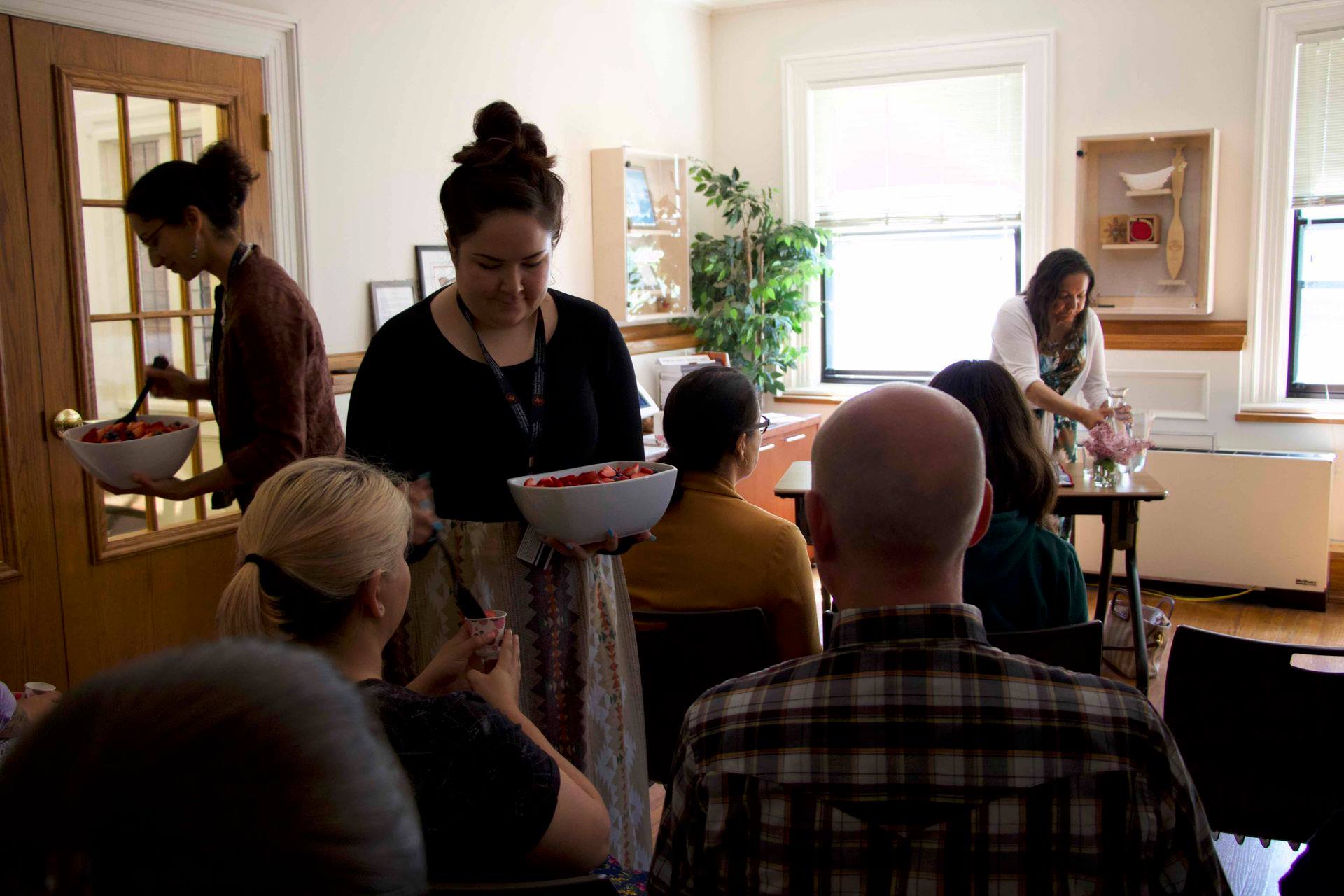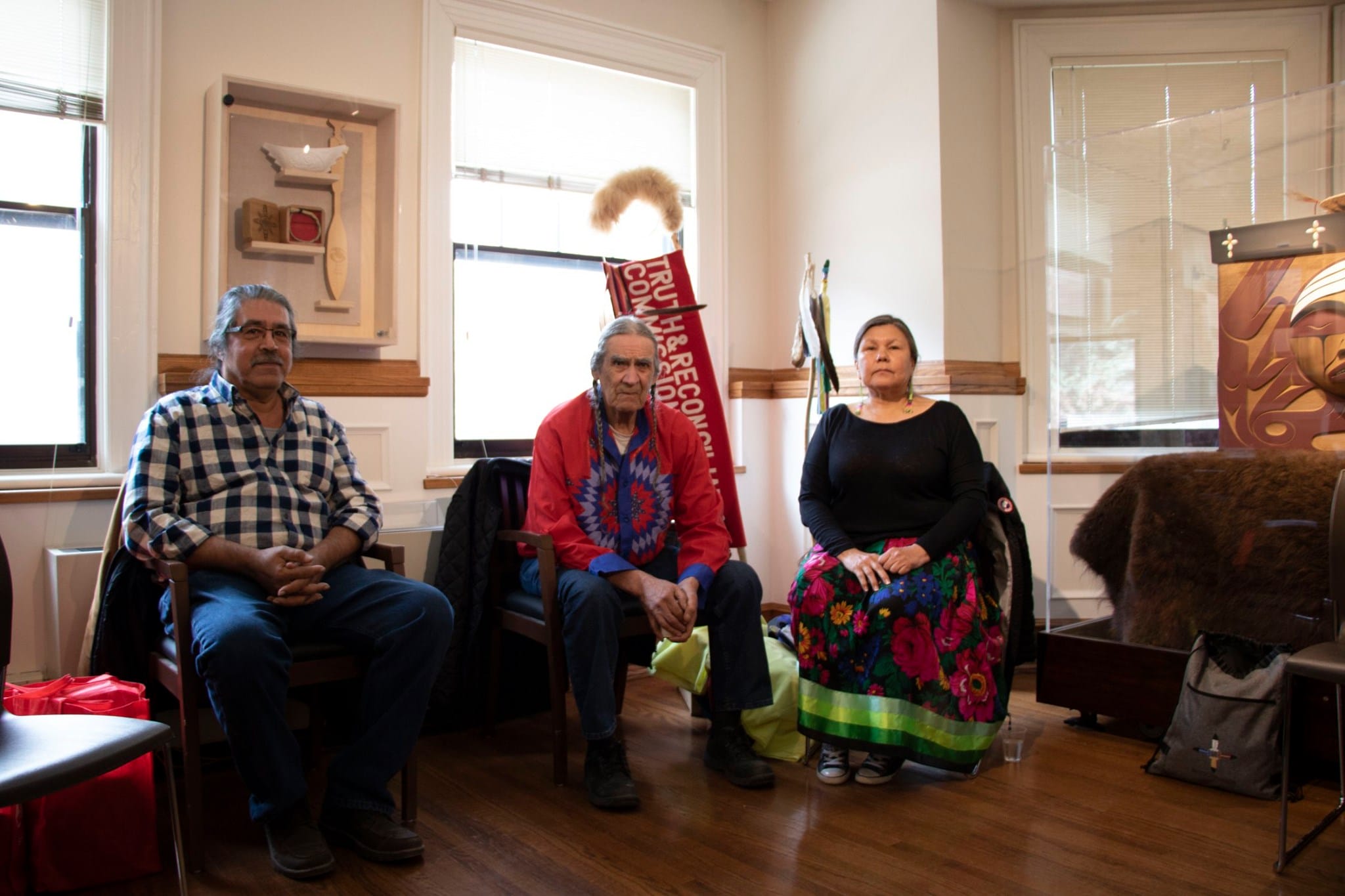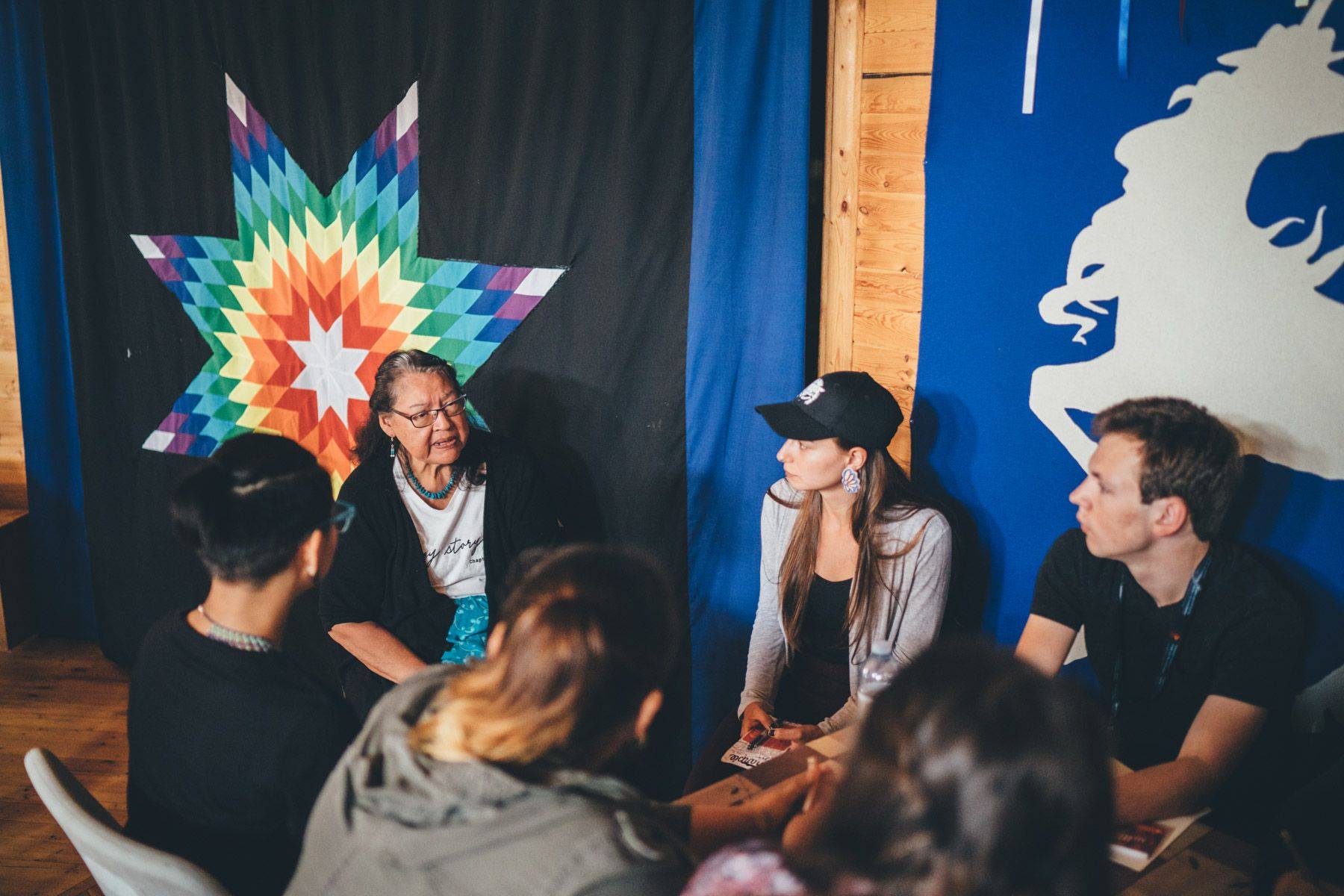Protect the Knowledge
The National Centre for Truth and Reconciliation (NCTR) plays a central role in the reconciliation movement that continues to grow across Canada. We are mandated to preserve the legacy of the Indian Residential School (IRS) system by acquiring all types of relevant records.
To have a better understanding of the history, impact and legacy of residential schools in Canada, we are also committed to education and research to shed light on the past and the path moving forward.
When you share your stories with the NCTR, you are helping preserve these truths for all time, for all of Canada.
Access and Privacy of the archive is shaped by the demands, cautions and expectations of Survivors and guided by ongoing dialogue and discussion with Survivors, their families and their communities. The protection of Survivors’ privacy is assured by the NCTR through accordance with access and privacy legislation and community-based ethics.
Your Records Help Develop Better Education and Teaching on Reconciliation
The NCTR works in collaboration with education ministries, teachers, post-secondary institutions, community groups and professional organizations to provide access to sacred items, records and truths of the residential schools for the development and delivery of learning resources, programs and activities on reconciliation.
Your Records Contribute to Deeper Dialogues in Reconciliation Research
Researchers and communities can gain access to the collections at the NCTR to provide content and context to talk and learn about residential schools, their legacy and the broader legacies of settler colonialism in Canada.
History is only one part of the residential school legacy that researchers are interested in exploring. There are contemporary impacts that the schools and colonialism have on people and society in general that the collections at the NCTR can provide information on and context for. Important narratives include: the child welfare system in Canada, the 60s Scoop, day schools, Indian Hospitals, Indigenous languages, Indigenous education in Canada and narratives on healing after residential schools.
The list of intergenerational impacts of residential schools, and what we consider “ripple effects” of the residential schools and colonialism, is almost endless. The Honourable Murray Sinclair, in the TRC final report, mentioned that almost “all segments of Canadian society” will need to be reconsidered or will be touched by the work of the TRC.
The NCTR also uses the records and the research at the Centre to contribute to discussions on Reconciliation, Justice and the TRC Calls to Action, in Canada. Collections of the NCTR are available to First Nations, Métis and Inuit communities across Canada to use and to provide important content and context to their own community collections and/or archives.
- Learn more about research at the NCTR
How to Preserve Your Own Records
The NCTR is ready to work with Indigenous people and organizations seeking advice on how to properly store and preserve their own history.
Preserving Indigenous history is especially important to the NCTR and we aim to better understand the archival needs of Indigenous communities across Canada. The NCTR offers archival preservation advice to anyone who would like to preserve their records.
Contact Us
To speak with an NCTR Archivist regarding the preservation of you records, please contact us:



